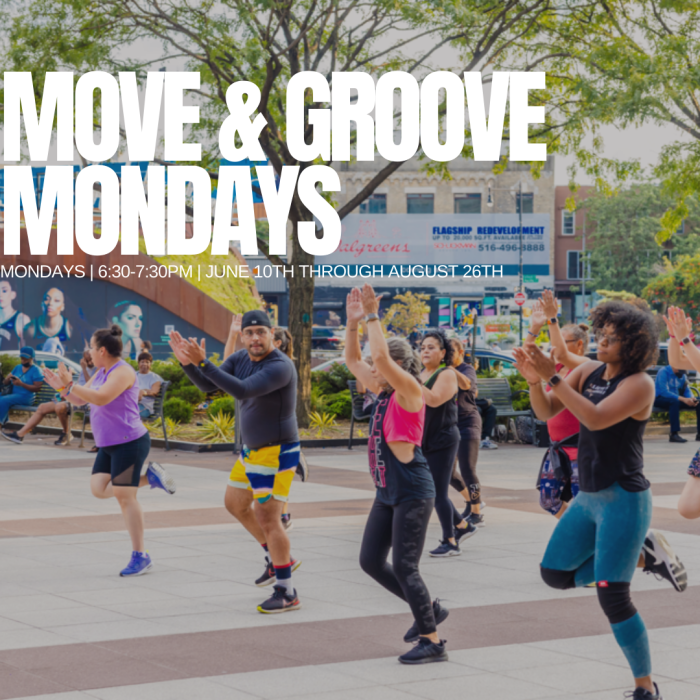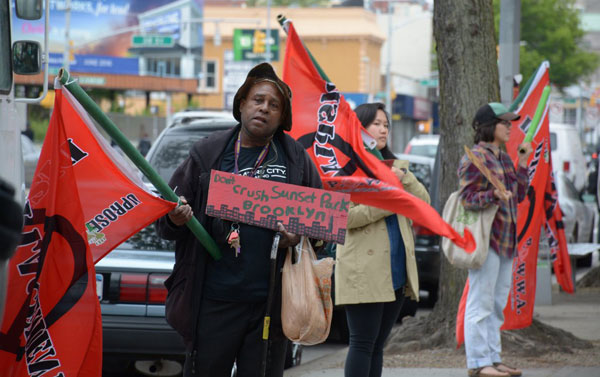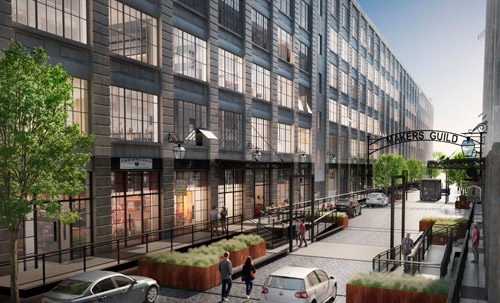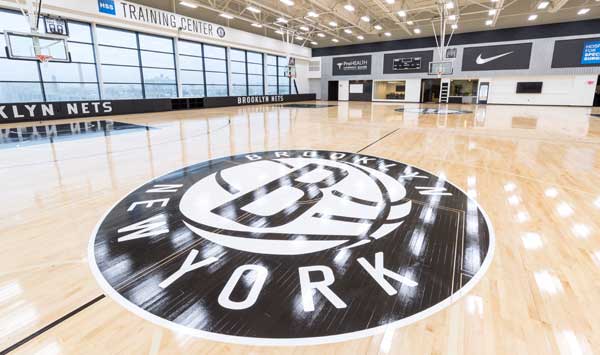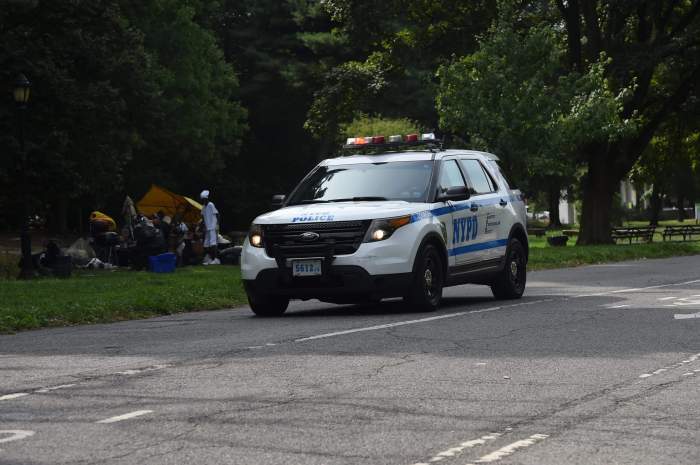Community board members failed to reach a consensus on the Industry City rezoning during a messy, four-hour meeting on Wednesday night following a phone harassment campaign that spooked board members ahead of the important vote, according to the civic group’s lead staffer.
“Somebody apparently had board members’ phone numbers, so they were getting phone calls,” said Jeremy Laufer, district manager of Community Board 7.
The meeting was the final chance for the local community board to issue a set of recommendations for Industry City’s rezoning application, which, if approved, would pave the way for a $1-billion redevelopment of the sprawling industrial complex. The board’s recommendations are only advisory, but they’re likely to influence the local councilman, Carlos Menchaca, who holds outsized power over the application’s passage in the Council since the land in questions sits in his district.
However, board members who supported the proposal have faced intense pressure from opponents of the rezoning scheme, which activists claim will drive up rents and herald a wave of gentrification that threatens to push out the area’s large immigrant population. Members who testified in favor of the application were routinely shouted down by both their colleagues on the board and protesters, according to the board’s leader.
“I’ve heard of people feeling shut down when they hinted they were supportive of the project,” said Cesar Zuniga, Chairman of Community Board 7.
The added threat of harassing phone calls only added to the sense of anxiety surrounding the vote, while spreading fear that members’ personal information had been made public, Laufer said.
As a result, some board members expressed deep concerns that voting in favor of the proposal could carry serious consequences, according to the board’s second-in-command.
“It’s been so divisive that board members have been afraid to vote,” said Patricia Ruiz, the second vice chair.
At the meeting, board members weighed in on all four articles that make up Industry City’s rezoning application:
- The zoning map amendment, which would change the site’s designated zoning
- The zoning text, which denotes the approved uses of the site
- The special permit, which determines the type of construction allowed at the site
- The de-mapping of 40th Street, which would bring 40th Street into Industry City’s private ownership
Prior to the meeting, the board’s land use committee had created a four-page draft of recommendations for the rezoning scheme, following hours-long committee meetings and a rowdy public hearing in December. The draft, which was voted on during Wednesday night’s meeting, called for “approval, with conditions” of three of the four articles — except for the special permit, for which it called for “disapproval, with conditions.”
But at the meeting, several members argued against the wording of the drafted recommendations, claiming that the board should “disapprove” each article “unless” developers bend to their conditions, rather than approve them if they stick to the conditions. Proponents conceded that the meaning stayed the same, but believed that an apparent disapproval would give the board a stronger stance. After several votes to change the wording, the board failed to come to a consensus, and instead voted:
- No position on the zoning map amendment (did not win a majority)
- No position on the zoning text (did not win a majority)
- Disapproval with conditions on the special permit
- Disapproval with conditions on the de-mapping of 40th Street
In addition to the intense pressure to oppose the rezoning, members expressed confusion over the board’s procedure. Shortly after the vote, several board members said they regretted voting against the first two articles once they realized that a ‘no’ vote didn’t allow the board to change each article’s wording — rather, it left the board position-less.
“I would’ve voted differently,” said one board member who didn’t give her name. “There were a lot of people who wanted a ‘disapproval with conditions’ stance, but didn’t want nothing.”
Zuniga regretted the confusion about the voting procedure, and expressed optimism that he would be able to schedule a re-vote in the next few days.
“The spirit of what we were trying to accomplish was to have a community-led process and we worked really hard to come up with substantive feedback,” said Cesar Zuniga. “It looks like the process broke down and we weren’t able to achieve what we wanted to achieve.”







